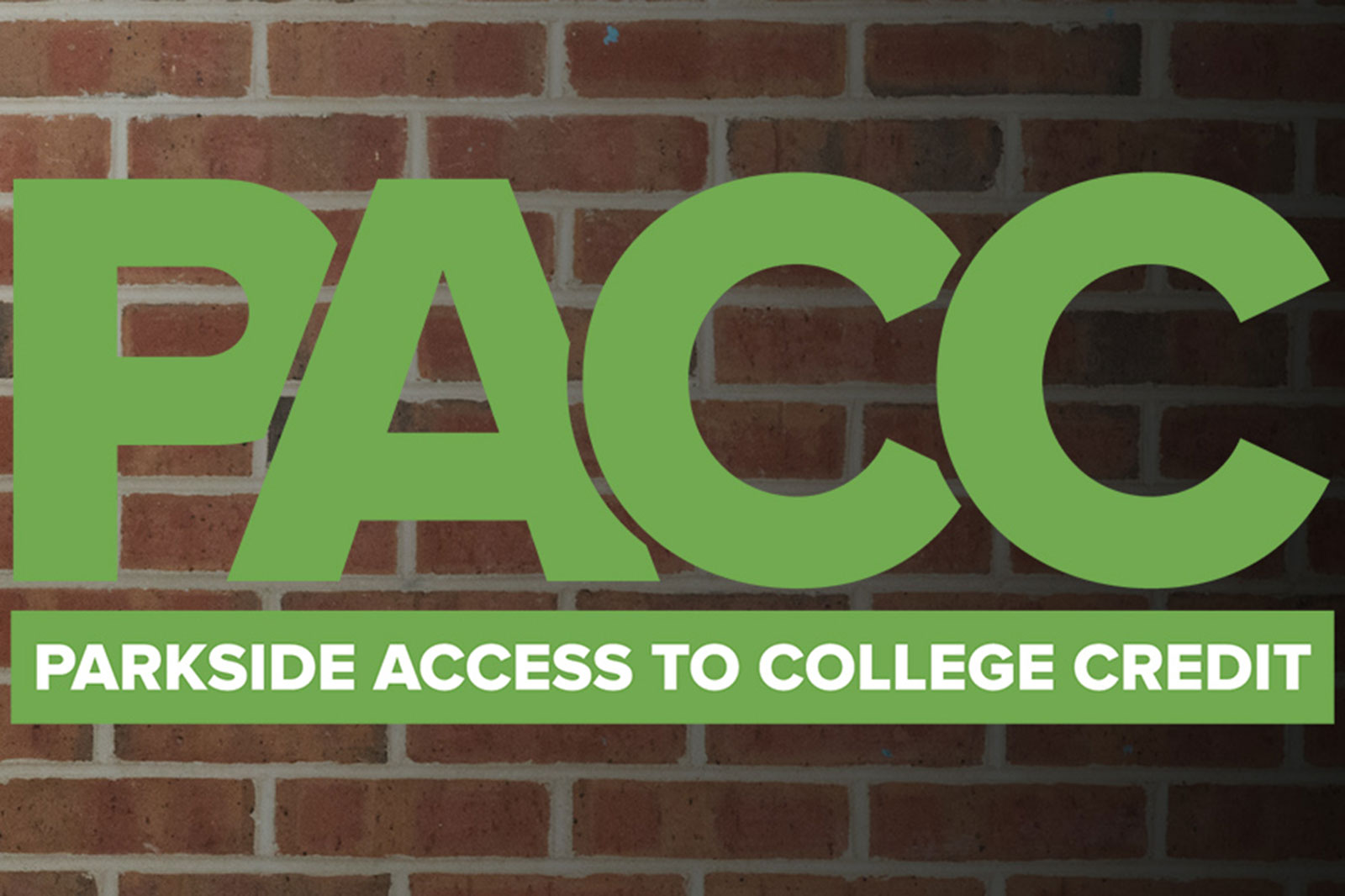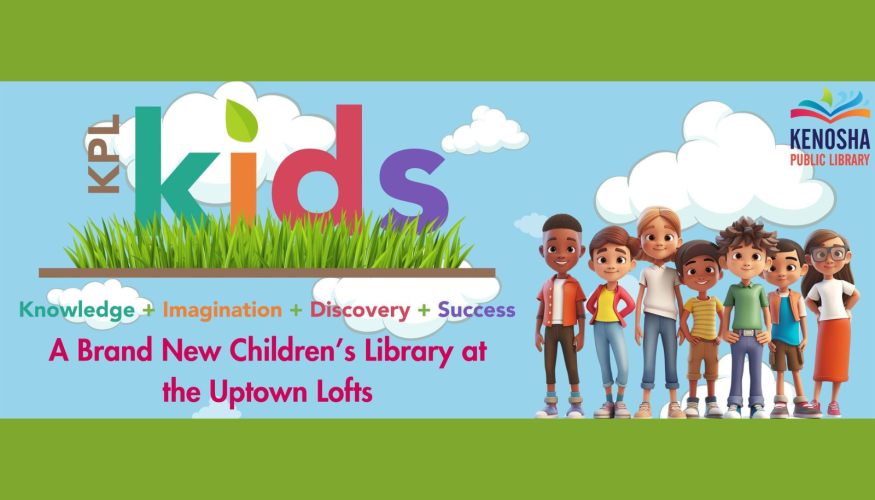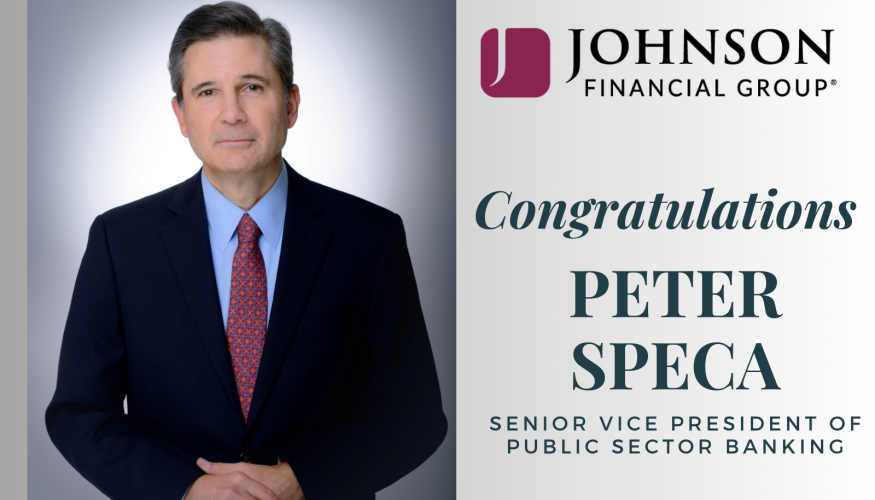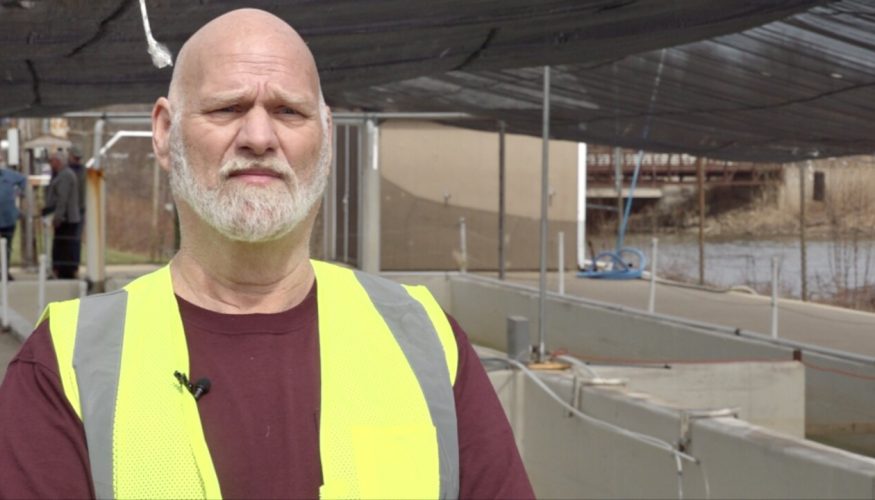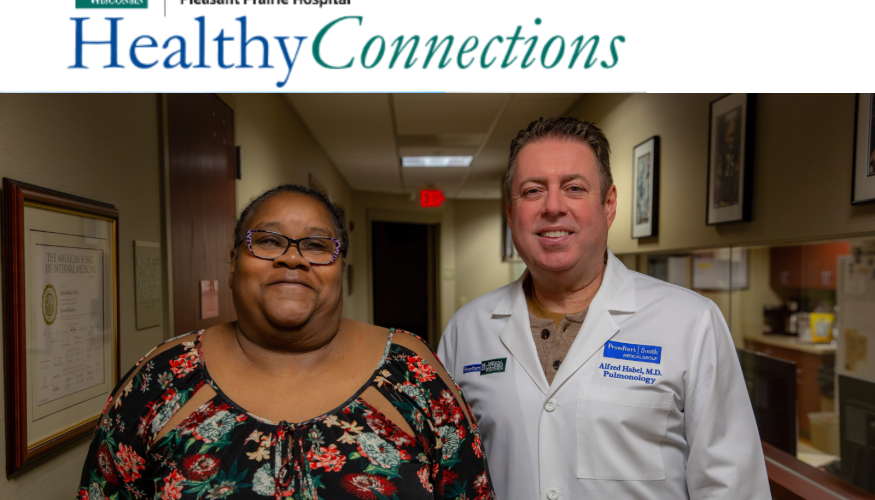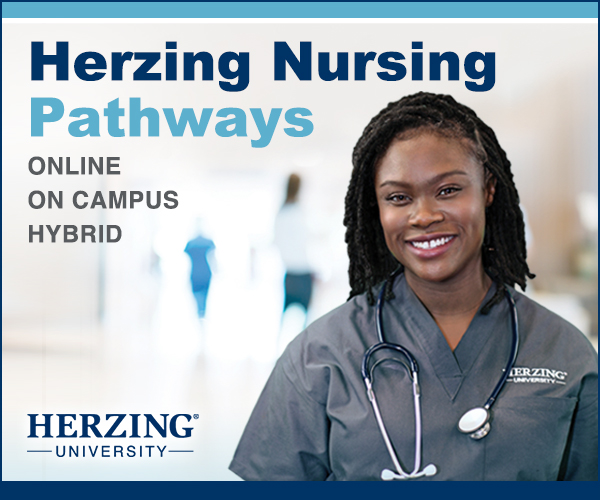The University of Wisconsin-Parkside has announced that high school students will be able to take college courses at their schools for free, starting this fall as part of the Parkside Access to College Credit Program (PACC).
The Parkside Access to College Credit Program, which began in 2016 with 29 students, is a dual-credit program known as concurrent enrollment at UW-Parkside that allows eligible high school students to earn college and high school credit by taking designated college courses at their high school, during the regular school day, taught by qualified high school teachers.

Previously, students paid a reduced tuition cost for the courses. Since the program’s inception, 1,400 high school students have earned over 4,000 credits, saving over $850,000 in future tuition costs, according to data from PACC.
Expanding dual-credit programs creates new opportunities for students and helps keep the cost of college affordable. UW-Parkside Chancellor Debbie Ford agreed: “UW-Parkside’s mission is to transform lives through higher education. Dual-credit programs help us to advance this mission by expanding access to higher education for all students in our region. Our region’s future depends on an educated and skilled workforce, and it’s vitally important that we provide students with the education and experience they need to thrive in our economy.”
Research has proven that students who participate in concurrent enrollment courses are more likely to go to college, and to complete their bachelor’s degree. Students also are more likely to do better academically while in high school and in college.
“PACC courses also help students become better able to manage their time, grow in their academic skills, and believe that they can be successful with college-level classes,” said Dwight Trieber, a PACC chemistry teacher who has taught UW-Parkside’s General Chemistry course at Park High School in Racine since 2017. “These benefits have allowed my students to be more successful in college.”
“UW-Parkside’s mission is to transform lives through higher education.”
– Debbie Ford, UW-Parkside Chancellor
Students must be in good academic standing, with a high school GPA of 2.0 or higher to participate in the program. Unlike other college credit in high school programs in Wisconsin, PACC does not require an ACT score to participate. This realistic approach to student success, accompanied by free tuition, is designed to increase opportunities for all students’ participation, reducing the equity gap among students taking these courses.
Nationally, African American and Latino students enroll in dual-enrollment courses at a significantly smaller rate than white students. Data from University of Wisconsin campuses show that 83% of students who took college coursework while in high school were white. However, the PACC program closely parallels the diversity of the schools it serves, with 47% minority and 53% white students, research also shows.
PACC courses are currently offered in Kenosha and Racine Unified high schools, Burlington High School, and Wilmot Union High School, where, depending on the school, students can earn from 3-to-33 college credits before graduating high school. The PACC program expands the opportunity for “high school students to experience college courses,” said Julie Housaman, Chief Academic Officer for Kenosha Unified School District.
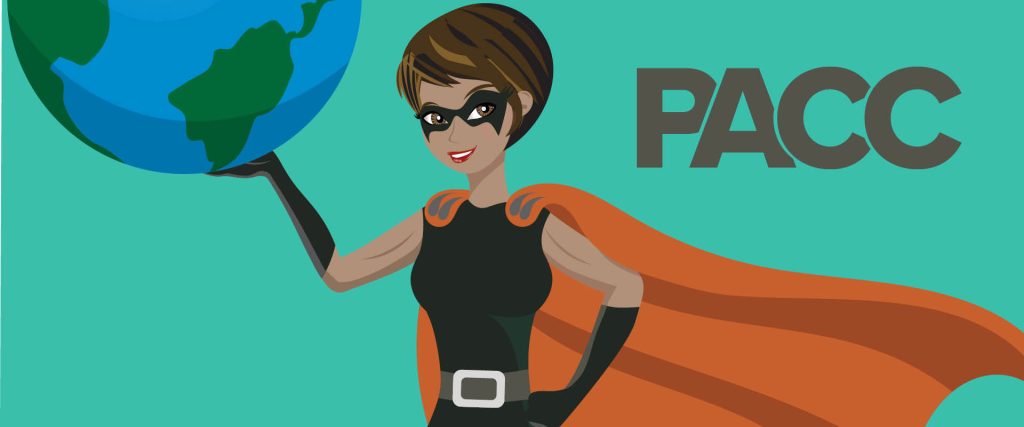
PACC courses are offered in KUSD high schools and are taught by KUSD teachers. Transportation to the university is not a barrier and high school teachers can scaffold the student learning experience from high school expectations to college expectations.” Students achieve success in PACC courses, which “builds their confidence and reduces their anxiety,” regardless of whether they choose to continue their education or pursue a career after graduation,” Housaman said.
Denise Olstinske, Director of the PACC program, is committed to only offering “credits with a purpose,” meaning that all credits earned are directly related to bachelor’s degree graduation requirements and are guaranteed to transfer to all University of Wisconsin institutions.
“It is important for students and their families to understand the utility of the college courses and credits beyond just accumulating credits, and to ensure students are not earning empty credits,” Olstinske said. “Alumni of the program have reported 100% transferability of their PACC courses to other colleges and universities in Wisconsin and across the country.”
PACC offers unique support activities for participating students including, but not limited to: class visits to the Parkside campus to experience twin classes on campus, tutoring, library services, writing assistance and more. This year, PACC will be adding student support services directly related to college preparation and admission.
For more information, go to www.uwp.edu/pacc or call Denise Olstinske at 262-595-2162.


